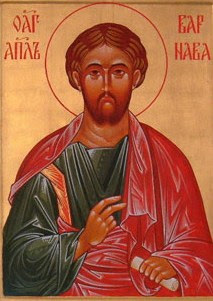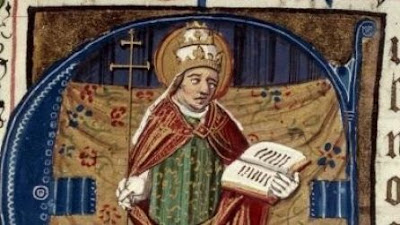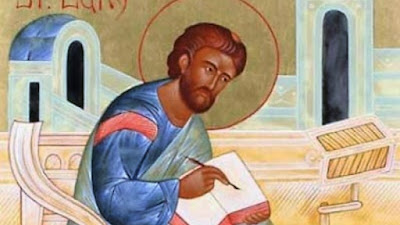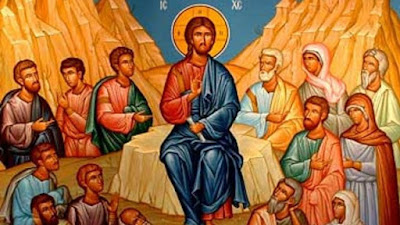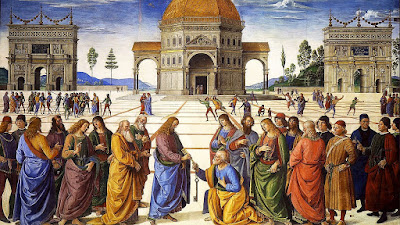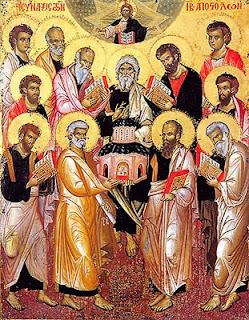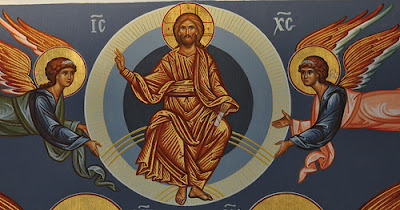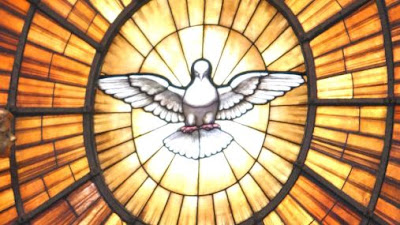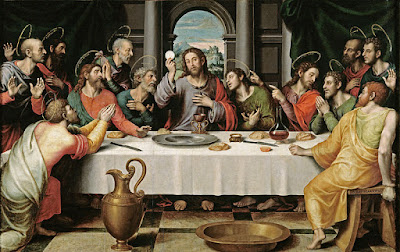Homily for the Second Sunday of Easter (Divine Mercy Sunday), April 19, 2020, Year A
Fr. René J. Butler, M.S. La Salette Missionaries of North America Hartford, Connecticut ( Click here for Sunday’s readings ) Don’t you hate ultimatums? Most of us have encountered (and maybe issued) them at one time or another. They usually begin with “unless” or “if” and threaten dire consequences if one’s expectations or demands are not met. Thomas issued an ultimatum, inflexible conditions that had to be met in order for him to believe that Jesus had risen from the dead and had appeared to the other Apostles. It would be interesting to speculate as to why Thomas refused to believe—interesting but pointless. Ultimatums generate frustration. Usually people throw up their hands and get angry. The inclination is to say, “Fine! Have it your way!” and then sit smug and wait for the inevitable comeuppance. Jesus did not take that attitude. On the contrary, he accepted Thomas as he was, and accommodated his weak faith. He gave a very gentle reproof, to the effect that it

